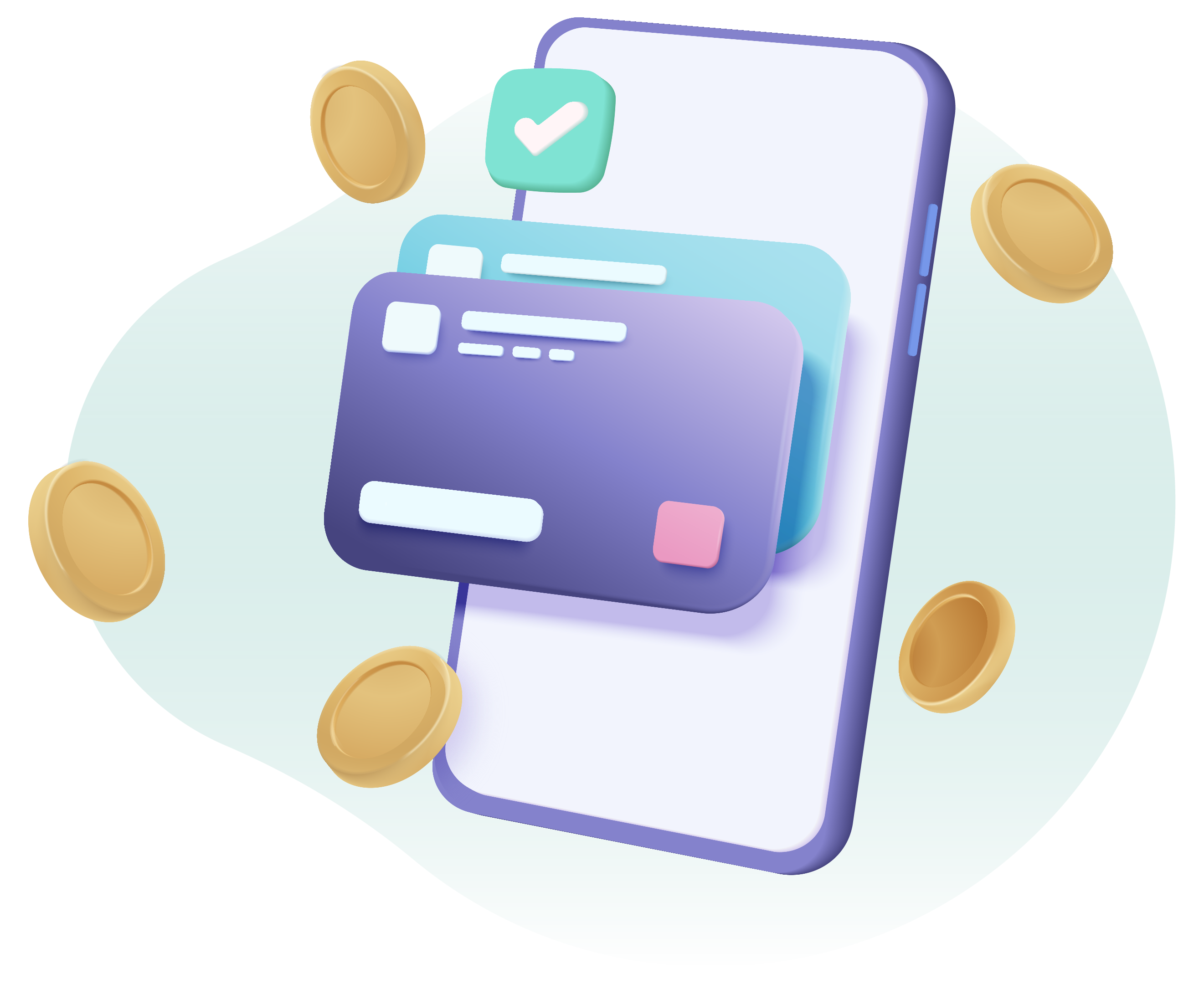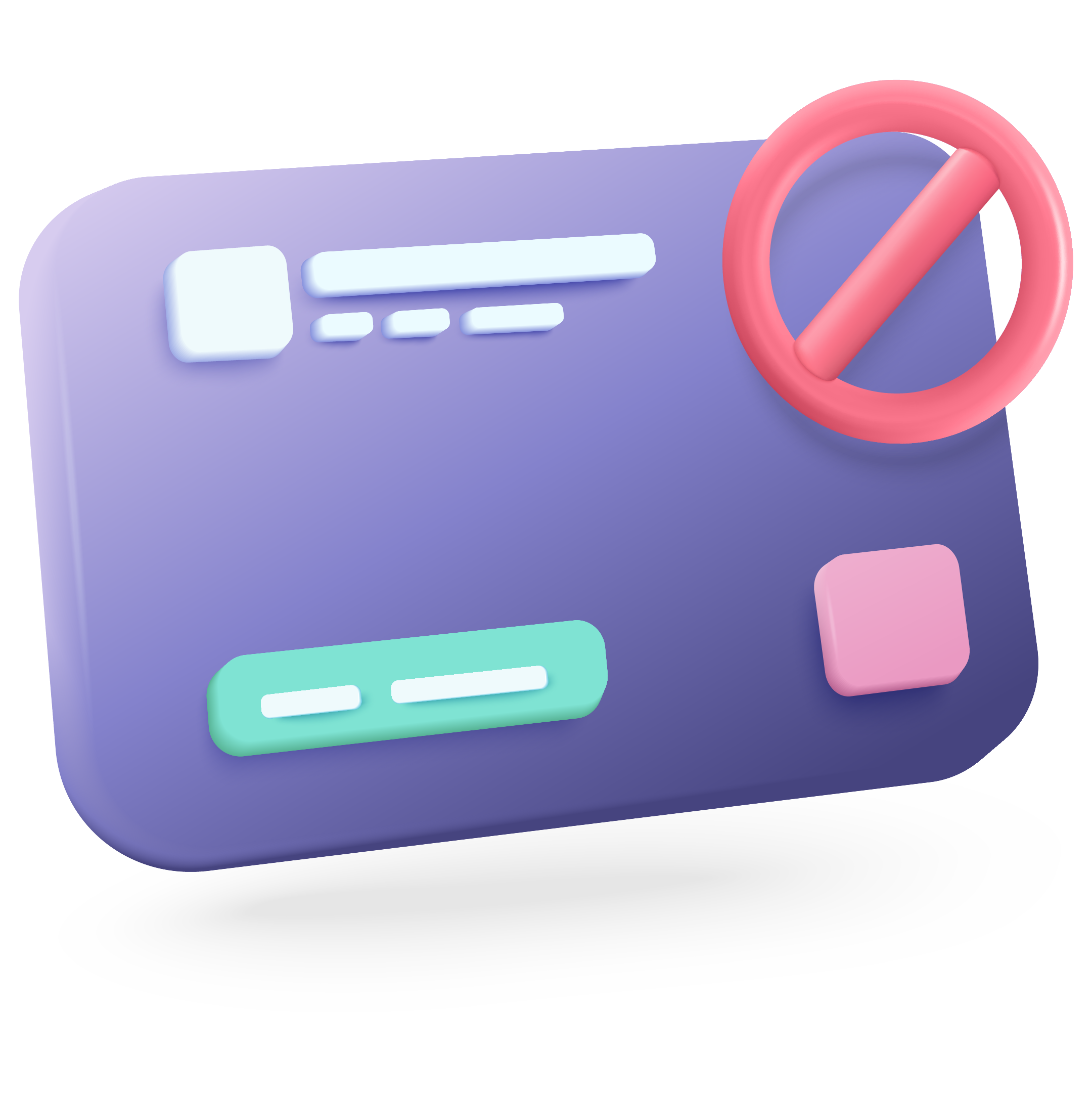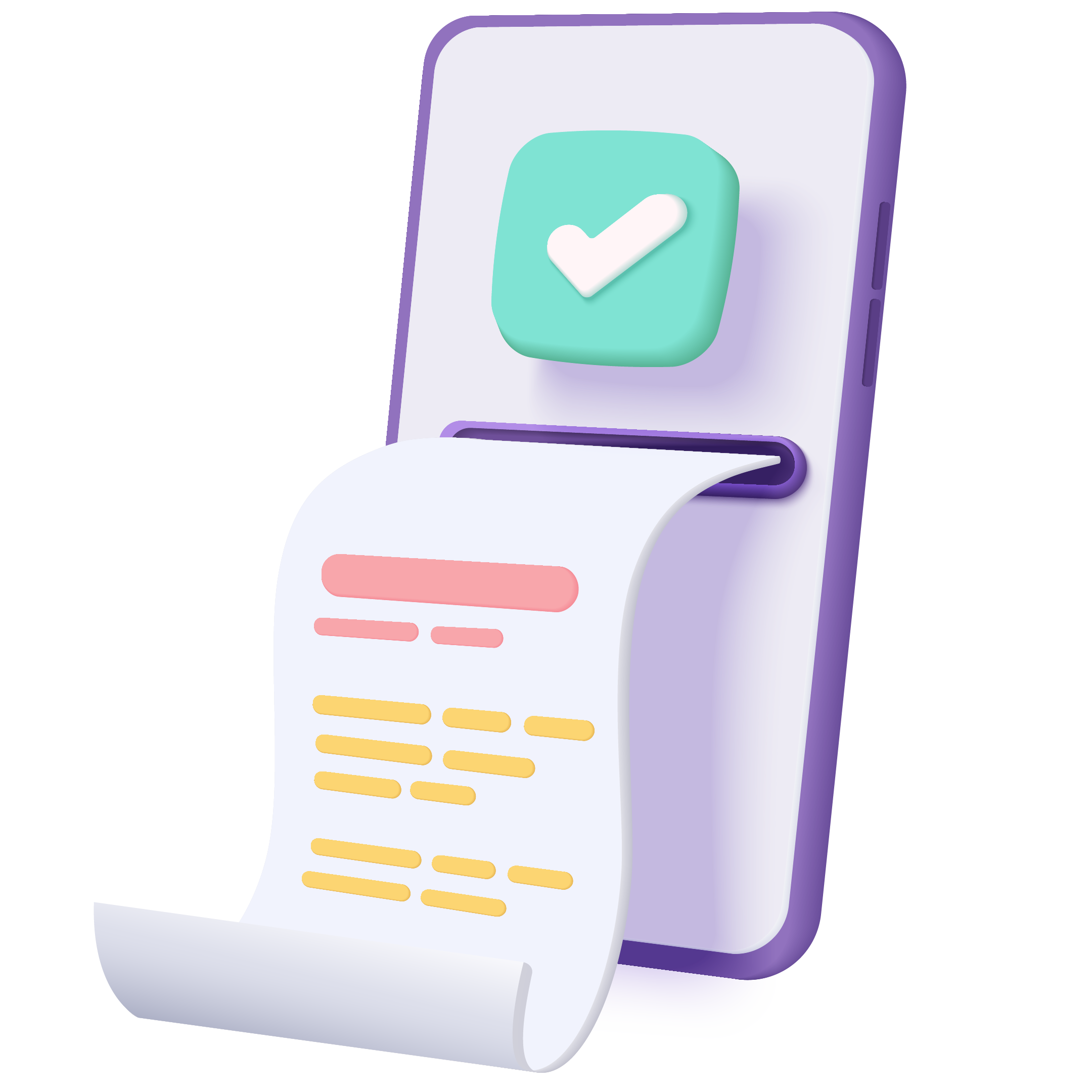Was your return denied?


Was your transaction warned or denied?

Seeking information? Check out our FAQs
Have questions about a return that a retailer denied?
Follow these three steps to learn more.
Step 1
Request your transaction info


Step 2
Get your report
We’ll send you a copy of your Retail Activity Report (RAR) via email. Meanwhile, please review these FAQs about data that is collected and used.
Step 3
Review your transactions
Retailers may accept, warn, or deny a transaction based on violations of their policies or potential fraud and abuse patterns in transaction behavior. We recommend reviewing the return policy at each retailer you shop with for further information.
If you find anything on your Retail Activity Report that doesn’t look right, please email us directly about your concern. Any requests sent to us will be passed to the relevant retailer for review.

Frequently Asked Questions
What is The Retail Equation?
Will TRE’s Transaction authorization recommendations affect my credit score?
Does TRE share consumer data among retailers?
Do I have a right to make a return?
What do I do if I believe my RAR contains incorrect information?
How can I find out if TRE has information on me?
What factors does TRE’s Transaction Authorization software consider when making its authorization recommendation to the retailer?
- The frequency of the Transaction type
- Transaction value
- Whether the consumer has a receipt for the Transaction request
- Purchase history
- Age
- Gender
- Race
- Nationality
- Physical characteristics
- Marital status
Why would TRE recommend that a Transaction be warned or denied?
- The Transaction request breaks that retailer’s policies. For example, the Transaction request may be outside of the permitted return period, the item may be categorized as a non-returnable item, the Transaction request may be non-receipted, or the consumer may have exceeded the number of Transaction requests the retailer allows within a specified time; or
- The Linked History associated with the Transaction request indicates potential fraud or abuse.
What is the difference between a warning and a denial in response to a transaction request?
What is TRE Transaction Authorization? How does it work?
How does TRE’s Transaction Authorization software help consumers?
Is receipted fraud a big problem?
How is fraud and abuse hurting the economy?
What is Transaction fraud? What is Transaction abuse?
For these FAQs, “retailer” means the retail companies that have entered into a contract with The Retail Equation (TRE) to license its software to authorize returns, exchanges, post-sale adjustments, or re-shipment transactions (collectively, “Transactions”). In other words, a retailer is a TRE customer. A retailer may choose to use TRE’s Transaction Authorization software on behalf of itself and on behalf of the other store brands affiliated with the retailer.
